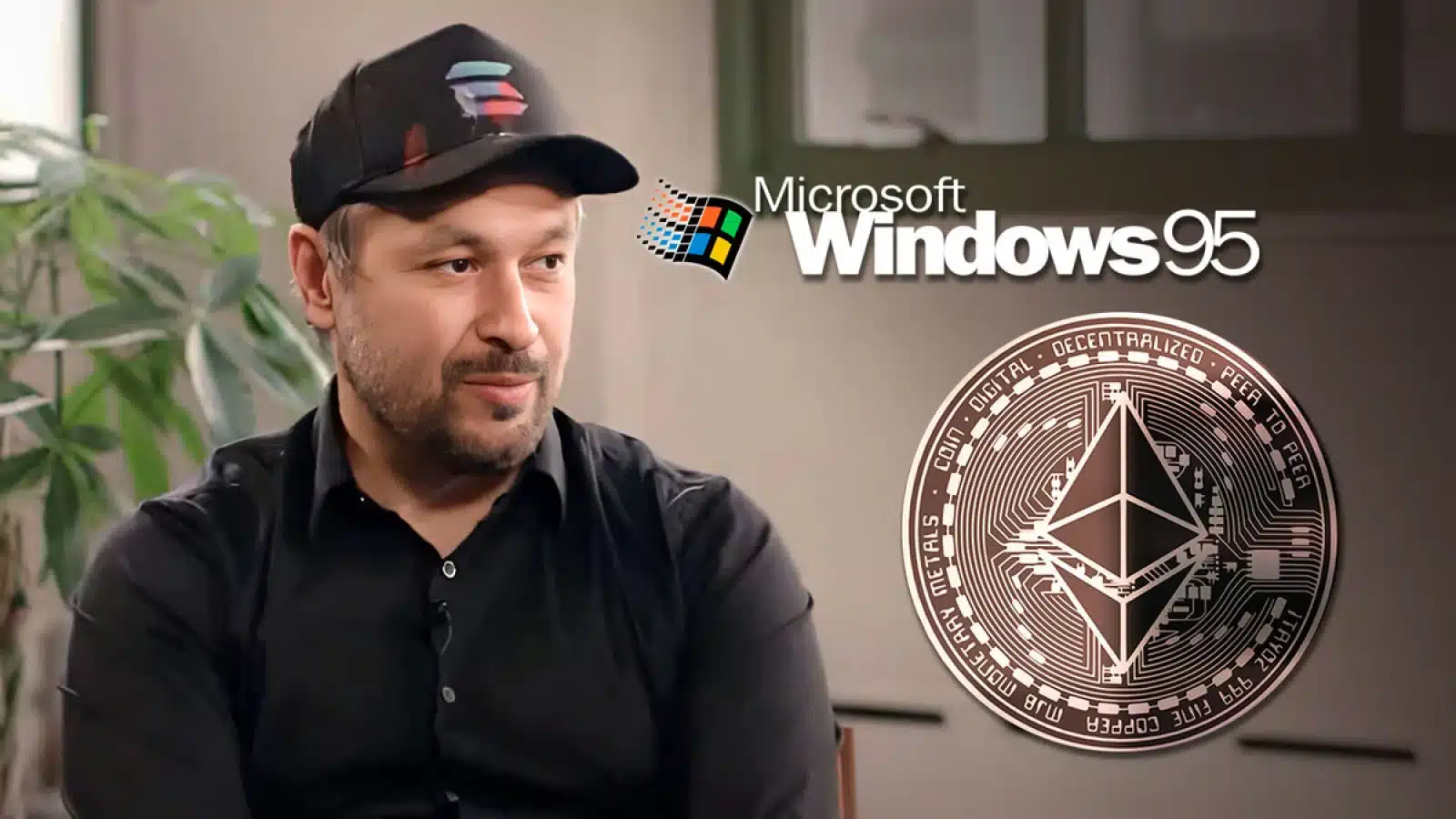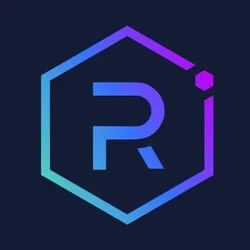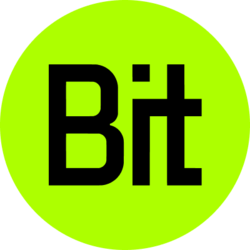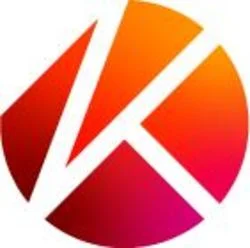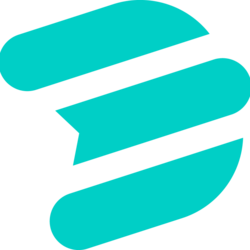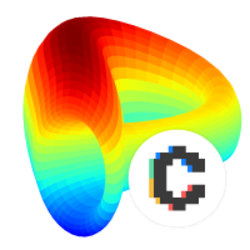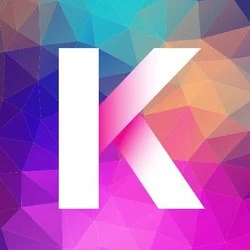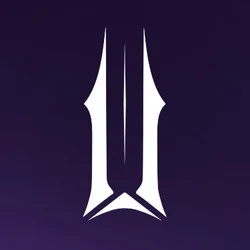In a recent statement, Anatoly Yakovenko, one of the cofounders of Solana (SOL), made an interesting analogy that has sparked discussions within the cryptocurrency community. Yakovenko compared Ethereum (ETH), a prominent player in the world of smart contracts, and the iconic Windows 95 operating software. This thought-provoking observation has added a new layer of complexity to the ongoing Ethereum hype.
During his appearance on the Unchained Podcast hosted by the brilliant Laura Shin, Yakovenko passionately asserts that Solana, the cutting-edge blockchain platform, has surged ahead of its formidable competitor, Ethereum. Drawing an intriguing parallel, he likens Solana to the revolutionary Windows 2000 operating system, a pivotal milestone in the ever-evolving realm of computers.
Just as Windows 2000 boasted the remarkable capability to handle numerous applications simultaneously, Yakovenko contends that Solana possesses a similar prowess, enabling it to process multiple applications concurrently and efficiently.
The ongoing discourse surrounding Ethereum and Solana is characterized by its dynamic nature and perpetual nature, as the former has been at the forefront of the industry, establishing itself as a trailblazer and serving as a benchmark for the latter. Anatoly Yakovenko has frequently taken the initiative to distance himself from any potentially provocative juxtapositions between Solana and Ethereum. His firm conviction is that these two entities can harmoniously coexist in the vast realm of digital currencies.
Nevertheless, during the podcast, the cofounder of Solana expressed the importance of embarking on the endeavor to construct Windows 2000, as it is deemed indispensable due to the prevailing bottleneck within the realm of blockchain. It has been observed that a solitary surge in the popularity of a non-fungible token (NFT) can unexpectedly result in a rise in gas fees for an entirely unrelated transaction, thereby undermining the very essence of what the advocates of the blockchain industry are striving to promote.
In light of his unequivocal stance that is decidedly distant from any hint of contempt towards Ethereum, it is worth noting that the community exhibited a discernible schism in their commentary, with one faction ardently advocating for Ethereum while the other fervently championing Solana.
Who Laughed the Last? Is It Ethereum or Solana?
One notable commonality that can be observed between the two blockchain networks is their inherent capacity to serve as a platform for the facilitation of decentralized applications (DApps). The dissimilarity can be observed in the varying velocity, expenditure, and overall societal viewpoint associated with each.
Despite its challenges, Ethereum is the most esteemed among its counterparts and proudly showcases decentralized finance (DeFi) total value locked (TVL) of $28.661 billion, surpassing Solana’s $703.46 million. In the recent past, Solana’s trading volume reached that of Ethereum Layer 2 solutions, marking a significant milestone.
Although the statistics above hold considerable importance, it is imperative to acknowledge that both protocols are diligently constructing a foundation that will pave the way for future advancements. With unwavering determination, Solana aspires to be the epitome of excellence within the crypto ecosystem, akin to the stature of Apple in the realm of technology.
In the forthcoming years, a significant amount of insight will be gained regarding the ultimate fate of either one of the two contenders or potentially other formidable adversaries vying to dethrone Ethereum as the dominant force in blockchain technology. The outcome of this ongoing battle will undoubtedly shape the course of history and ascertain the enduring victor in this fiercely competitive landscape.


